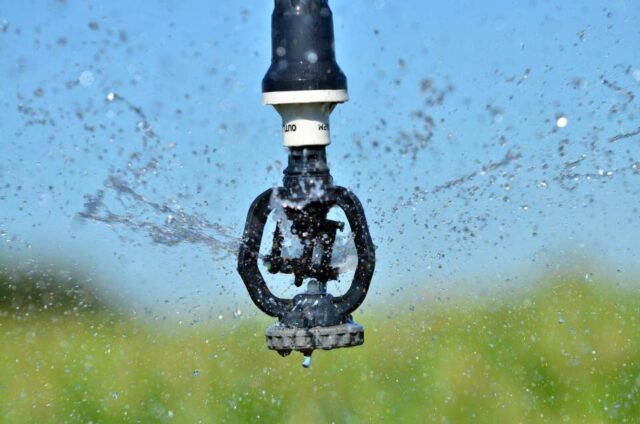The agricultural sector needs more money for its own power generation than what the government presented in the Agro-Energy Fund, says Agricultural Business Chamber chief economist Wandile Sihlobo.
THE AGRICULTURAL sector needs more money for its own power generation than what the government presented in the Agro-Energy Fund, said Agricultural Business Chamber chief economist Wandile Sihlobo.
He said that any assistance would help. “Our wish is the amount would have been larger, and we continue to engage with Dalrrd (the Department of Agriculture, Land Reform and Rural Development) about this.
“Still, we understand the fiscal constraints, and welcome this intervention of the Agro-Energy Fund,” he said in response to a Business Report question.
Delivering the Dalrrd’s budget vote last week, Minister Thoko Didiza said she had established a task team comprising sector partners that had engaged with Eskom on solutions to mitigate the impact of energy cuts on the sector.
Didiza said: “We are setting up the Agro-Energy Fund at the Land Bank. The focus for the fund will be on energy intensive agricultural activities. These include irrigation, intensive agricultural production systems and cold chain related activities.”
The criteria would see a large-scale farmer receive 30% grant funding to be matched with a 70% loan portion, where the grant amount was capped at R1.5 million.
A medium-scale farmer would receive a 50% grant to be matched with a 50% loan portion, where the grant was capped at R1m.
Smallholder farmers would be supported by a grant portion of 70% to be matched with 30% loan. For this category the maximum grant funding would be capped at R500,000. There would also be a special recognition and application mechanism for small-scale irrigation schemes.
Agbiz said load shedding was a major risk to the food, fibre and beverages value chains, and primary agriculture.
It said interventions such as the Agro-Energy Fund were welcomed and it added to other interventions such as the diesel rebate and load curtailment possibilities that were being explored.
Sihlobo said it was hard to tell what the impact of the fund would be, and much would depend on the uptake rate and various facilities that industry role-players would finance.
He said they anticipated the uptake of the fund would not take long as the energy matter was urgent.
He said that, for example, recent work by the Bureau for Food and Agricultural Policy (BFAP) showed roughly a third of South Africa’s farming income was directly dependent on irrigation, which required electricity.
“Of all South Africa’s field crops, wheat has the largest production under irrigation crop – about half. Of the other key field crops, about 15% of soya beans, 20% of maize and 34% of sugar production are under irrigation. All of our fruit and vegetables are under irrigation, and there is strong energy use in dairy, poultry and other commodities, and, importantly, the value chains,” he said.
– BUSINESS REPORT








